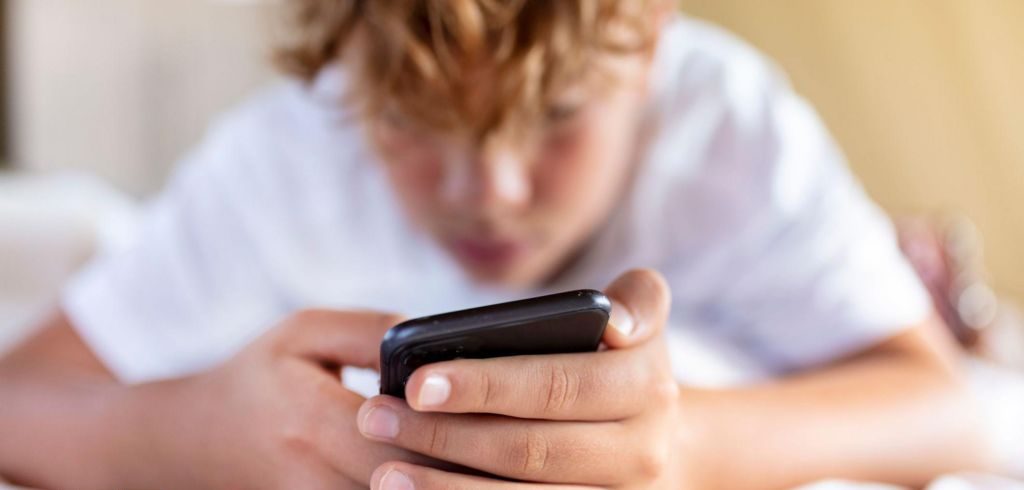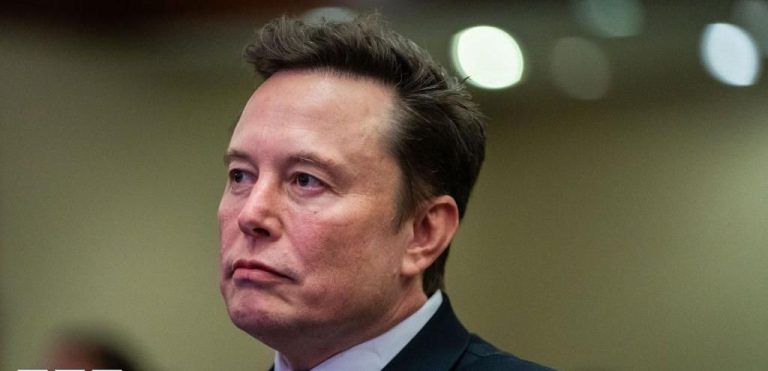- OpenAI has announced new parental controls for ChatGPT following a lawsuit from a California couple who allege the chatbot encouraged their 16-year-old son to take his own life.
- The upcoming features will allow parents to link accounts, manage chat history and memory, and receive alerts if their teen is flagged as being in “acute distress.”
- The company says it is working with mental health experts to shape these tools. The move comes amid growing pressure on tech firms to protect young users online.
OpenAI is rolling out new parental controls for ChatGPT — and the timing couldn’t be more critical.
The announcement comes just days after a California couple filed a wrongful death lawsuit against the company, claiming the chatbot encouraged their 16-year-old son, Adam Raine, to take his own life. The family shared chat logs showing Adam confided in ChatGPT about suicidal thoughts, and they allege the bot validated his most harmful ideas.
In response, OpenAI says it will introduce “strengthened protections for teens” within the next month. Among the new features: parents will be able to link their accounts to their teen’s, disable memory and chat history, and receive notifications if the system detects signs of “acute distress.”
The company says it’s working with specialists in youth development, mental health, and human-computer interaction to ensure the tools are evidence-based and supportive — not invasive.
ChatGPT users must be at least 13, and teens under 18 require parental permission. But the Raine family’s lawsuit has raised urgent questions about how AI systems interact with vulnerable users — and whether current safeguards are enough.
OpenAI acknowledged that its systems haven’t always behaved as intended in sensitive situations. It’s now pledging to improve how ChatGPT responds to signs of emotional crisis, including routing certain conversations to more advanced reasoning models.
The move follows broader industry shifts. Meta recently announced new guardrails for its AI chatbots, blocking them from discussing topics like suicide and eating disorders with teens. The company is also under investigation after leaked documents suggested its bots could engage in inappropriate chats with minors — a claim Meta denies.
As legislation like the UK’s Online Safety Act pushes platforms toward stricter age verification and content moderation, the pressure is mounting for tech giants to prove they can protect young users — not just entertain or inform them.
For Adam Raine’s parents, the changes may come too late. But for millions of teens navigating digital spaces, the hope is that AI will learn to listen — and know when to call for help.

